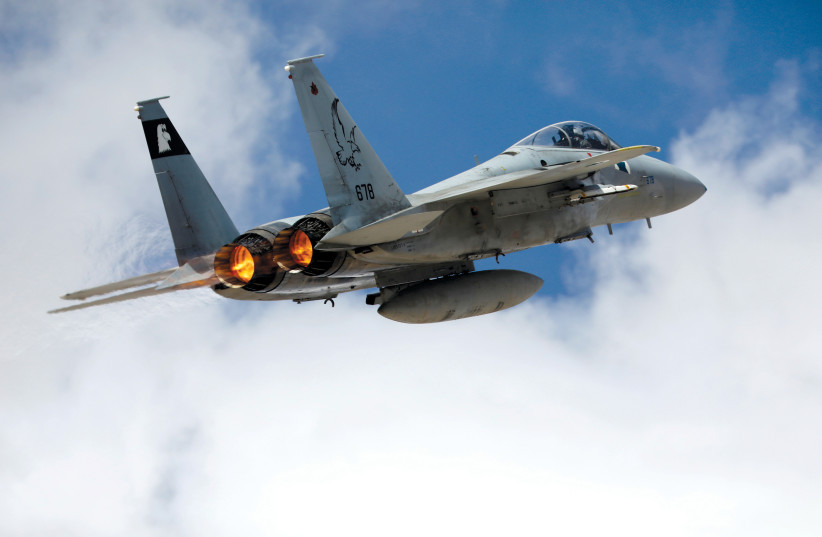Israel Air Force (IAF) Commander Maj.-Gen. Tomer Bar has unveiled plans to conduct a comprehensive assessment of pilot readiness, raising concerns among pilots who have recently halted their voluntary service as part of the protests against legal reforms, according to Israeli media.
Bar has set the pivotal date for this assessment for October 17. On this day, he will convene all squadron commanders, tasking them with providing a detailed overview of the readiness of their respective pilots and the overall manpower situation within the Air Force.
Crucially, pilots who do not return to service after this assessment risk facing discharge from the military.
This announcement comes against a backdrop of escalating security challenges in the region.
Assessment coincides with large-scale military exercise
The timing of this assessment coincides with a large-scale military exercise scheduled to take place in Israel at the end of October.

The exercise is expected to involve the participation of foreign air forces, including the United States Air Force. Commanders from these foreign air forces are set to meet with Bar during their visit to Israel.
One of the factors influencing the chosen date is the protest by a significant number of pilots who ceased their voluntary service in July of this year. The IDF now aims to evaluate the state of readiness among this group and determine which pilots intend to continue their voluntary service.
The IDF has confirmed these developments, emphasizing the need to assess the readiness of the Air Force thoroughly.
In a statement, the IDF stated, "The commander of the Air Force has instructed making calls to reservists with the goal of mapping out the readiness of the force and the return of reservists."
During a session of the Knesset Foreign Affairs and Defense Committee's Subcommittee on Intelligence in August, a senior officer from the IDF's Intelligence Directorate issued a warning. He highlighted that "The enemies recognize that this time the event is different and real." The full details of this warning were exclusively shared with the committee's chairman.
In response, a senior official from Military Intelligence, underscored the gravity of the situation, noting, "Five election campaigns and several political stunts over the past few years have not had the effect of what is happening here and now with our enemies. They recognize that what is happening in Israel this time is different and real."
Maj.-Gen. Oded Basiuk, head of the Operations Directorate in the IDF, emphasized the urgency, stating, "This is the situation, my friends. This is the reality."
IDF reserve fighter pilots refused to attend training in March
In March, 37 reservist fighter pilots out of the 40 stationed at the IAF's 69th fighter squadron had declared their intention not to turn up for regular training flights in protest of the government's judicial overhaul.
The reservists, who fly the strategic F-15i that is capable of attacking distant targets in the region, announced their decision to the senior commanders of the IAF and to their squadron commander. Instead of training, they have said they would hold a dialogue regarding the issue under debate outside of government offices.
Yonah Jeremy Bob and Tal Spungin contributed to this article.
